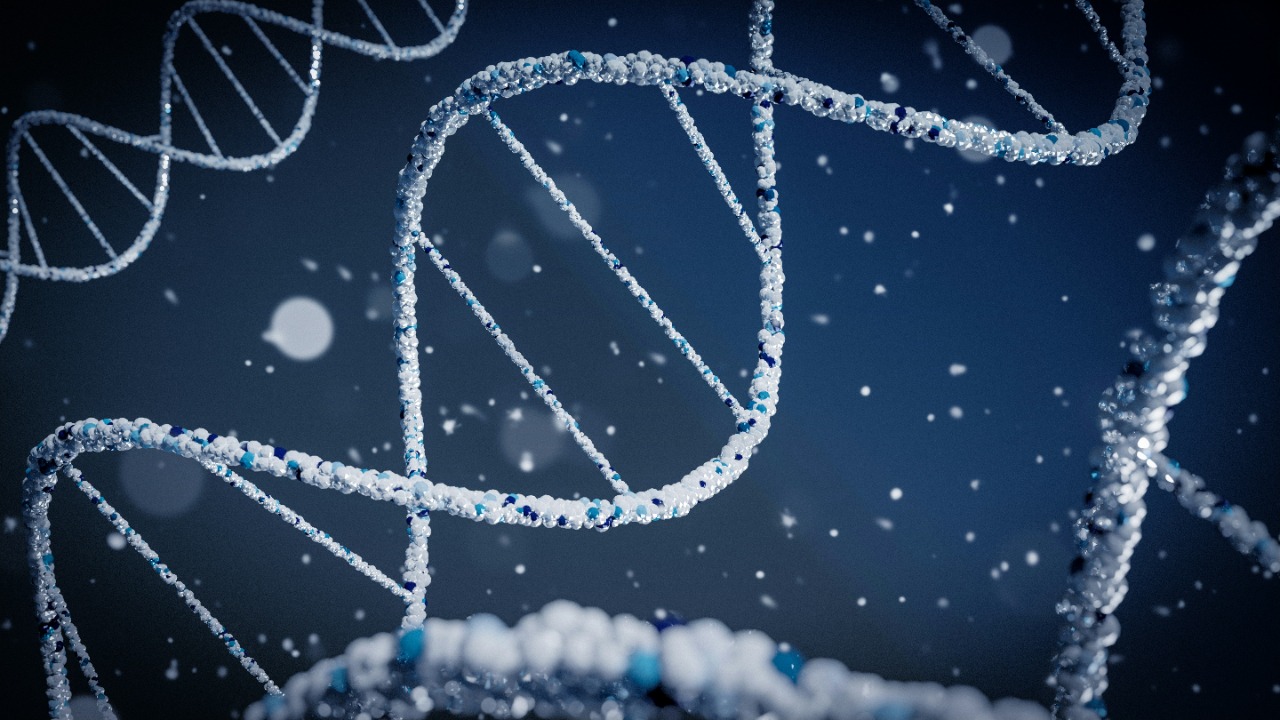
Unleashing the hidden potential of DNA could revolutionize the pharmaceutical industry, from streamlining drug synthesis to enhancing targeted drug delivery. This breakthrough, coupled with the discovery of genetic markers linked to high cholesterol and the uptake of DNA fragments from dying cells, could redefine our understanding of mammalian genomics and pave the way for personalized medicine.
DNA’s Role in Revolutionizing Drug Manufacturing
Scientists are harnessing the structural properties of DNA to develop novel biomanufacturing techniques that could produce medicines more sustainably and at scale. The core concept revolves around using DNA as a programmable scaffold for assembling complex drug molecules, which could lead to significant efficiency gains in production timelines and cost reductions. This approach could transform the way we manufacture medicines, as detailed in a recent study.
These techniques could be particularly beneficial in synthesizing biologics like vaccines or antibodies. The biochemical versatility of DNA makes it a promising tool for such applications, potentially revolutionizing the pharmaceutical industry.
Microscopic DNA Structures for Precise Delivery
Researchers are developing microscopic DNA ‘flowers’ designed to encapsulate and transport drugs directly to target sites within the body. These self-assembling DNA nanostructures mimic natural cellular processes to improve bioavailability and minimize off-target effects in treatments for conditions like cancer or chronic diseases. This innovation could transform targeted drug delivery.
Experimental evidence shows that these DNA flowers are stable and responsive in physiological environments, suggesting they could be used in next-generation nanomedicine. This development could pave the way for more precise and effective treatments.
Genetic Codes Unlocking Hidden Health Risks
Personal DNA analysis can uncover hidden health risks, such as the risk of heart attacks linked to high cholesterol levels. Scientists have identified specific genetic sequences that regulate cholesterol metabolism, which could have significant implications for predictive diagnostics in cardiovascular health. This discovery could reveal a hidden heart attack risk.
Integrating this DNA-derived knowledge could lead to tailored preventive medicines, reducing the incidence of heart-related events through early intervention. This approach could revolutionize the way we manage cardiovascular health.
DNA Fragments and Cellular Uptake Mechanisms
Cells can absorb DNA fragments from dying neighbors, a process that could redefine our understanding of mammalian evolution by influencing genetic diversity and adaptation. The biological pathways involved in this uptake contribute to genomic stability or variability across species. This phenomenon could reshape mammalian genomics.
Understanding these mechanisms could have therapeutic implications, such as using external DNA fragments to repair damaged genomes or enhance immune responses in medical treatments. This could open new avenues for evolutionary-informed medicine.
Integrating DNA Insights into Personalized Medicine
Combining DNA manufacturing advances with delivery innovations could create customized drugs that adapt to individual genetic profiles for optimal efficacy. However, scaling these technologies presents challenges, including regulatory hurdles and ethical considerations around genetic data use.
Future scenarios could see DNA-based approaches integrating heart risk predictions and cellular uptake knowledge to develop holistic pharmaceutical strategies. This could lead to more personalized and effective treatments, transforming the landscape of healthcare.
Broader Implications for Genomics and Evolution in Pharma
Redefining mammalian genomics through DNA fragment uptake could inspire new drug designs that leverage evolutionary principles for robustness. Interdisciplinary collaborations between geneticists and pharmacologists could translate these findings into clinical trials, potentially accelerating drug development and addressing unmet needs in rare diseases.
The transformative potential of these developments for global health is immense. By harnessing the hidden power of DNA, we could revolutionize the way we make medicines, deliver treatments, and manage health risks, paving the way for a new era of personalized medicine.
More from MorningOverview